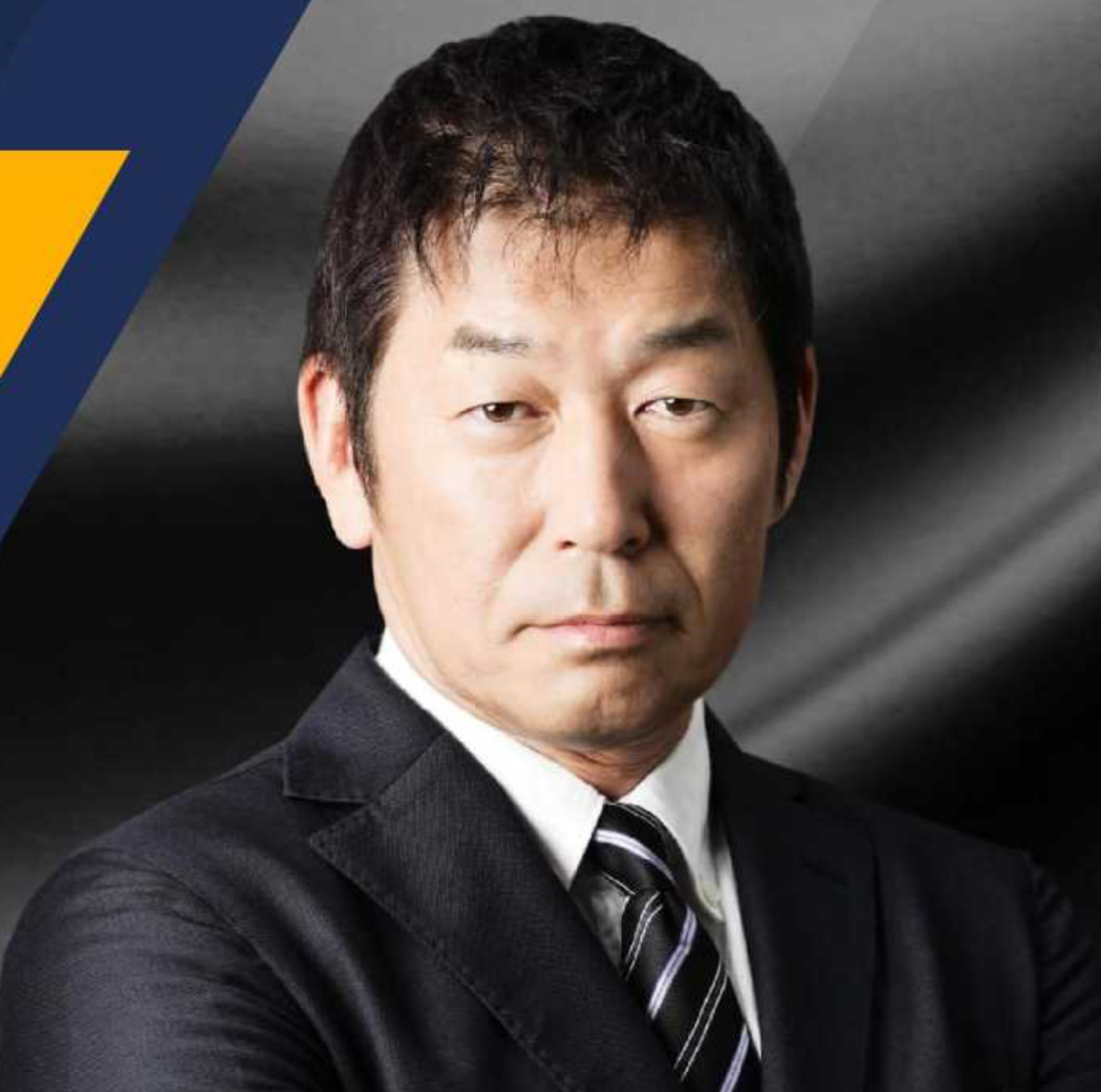
中华时报/中华新闻网/中华新闻通讯社(赵雪湄)今年66岁的渡边守成,现任国际体操联合会(FIG)主席,是本届国际奥委会(IOC)主席选举中最具争议的候选人。他不仅是首位参选IOC主席的日本人,如果成功当选,还将成为IOC历史上首位亚洲籍主席。这一突破性的身份,让他的竞选备受关注。
在全球局势紧张之际,渡边选择站在最前线。他临时调整行程,亲赴战火中的乌克兰基辅,以示对乌克兰体操运动员的支持。他表示,体育必须为和平作出贡献,而现在这种信念比以往更加强烈。
他甚至计划前往莫斯科,希望体育能成为国际局势中的沟通桥梁。他认为1971年乒乓外交在美中关系中发挥了重要作用,强调体育在国家间紧张局势中能发挥独特的调和作用。
渡边的竞选主张中,最具颠覆性的是“五大洲奥运会”构想。他提出,未来奥运会可由五个大洲的五座城市共同承办,减轻主办国的经济负担,并扩大奥运的全球化影响力。
他还希望将IOC转型为“世界体育组织”,让其职能超越奥运会,成为全球体育治理的重要平台。此外,他主张利用人工智能优化裁判判罚,并承诺提供更多资源支持发展中国家的体育事业。
然而,相较于其他候选人,渡边的背景显得非传统。他并非来自田径、游泳等奥运核心项目,而是从体操领域崛起。他的体育管理经验相对较短,曾长期负责零售企业的体育事业部,在国际体育治理圈的根基远不及其他候选人深厚。
这使他的竞选之路充满挑战。尽管他的改革理念富有创新,但日本国内和国际体育媒体对他的当选普遍持怀疑态度。相比其他候选人,他的竞选资源和传统支持力量相对较弱。
然而,这正是他的独特之处。如果当选,他不仅将成为首位来自体操界的IOC主席,更将成为首位亚洲籍主席,打破奥运百余年来的领导格局。他的愿景涵盖奥运模式改革、体育外交以及科技在体育领域的应用。
3月20日,IOC主席选举将在希腊举行。渡边守成能否凭借其大胆出位的改革主张,为奥运带来新的可能,为亚洲在国际体育治理中开辟新篇章?让我们静待答案揭晓……
At 66 years old, Morinari Watanabe, the current President of the International Gymnastics Federation (FIG), is the most controversial candidate in the race for the International Olympic Committee (IOC) presidency. He is not only the first Japanese candidate to run for this position, but if elected, he would become the first Asian president in IOC history. This groundbreaking possibility has drawn significant attention to his campaign.
At a time of global tension, Watanabe has chosen to take a bold stance. He personally traveled to war-torn Kyiv, Ukraine, to show solidarity with Ukrainian gymnasts, emphasizing that sports must contribute to peace—a belief he now holds stronger than ever.
He even plans to visit Moscow, advocating for sports as a bridge for dialogue in international affairs. Drawing inspiration from the 1971 Ping Pong Diplomacy between the United States and China, he underscores the unique reconciliation power of sports in times of geopolitical strain.
One of Watanabe’s most disruptive proposals is the “Five-Continent Olympics” concept. He envisions future Olympic Games being co-hosted by five cities across five continents, aiming to ease the financial burden on host nations while expanding the Games’ global reach.
Beyond this, he seeks to transform the IOC into a “World Sports Organization”, extending its role beyond the Olympics to become a leading platform for global sports governance. He also advocates for AI-driven officiating and promises to allocate more resources to support sports development in emerging nations.
However, compared to other candidates, Watanabe’s background is unconventional. Unlike those from Olympic cornerstone sports like athletics or swimming, he comes from the gymnastics world. His tenure in sports administration has been relatively short, having previously worked in the sports division of a retail corporation. His foundation within international sports governance circles is not as deep-rooted as that of his rivals.
This makes his candidacy a challenging uphill battle. While his reform ideas are bold and innovative, both Japanese and international sports media remain skeptical about his chances. He also lacks the traditional support networks and resources available to other contenders.
Yet, this very outsider status could be his unique strength. If elected, Watanabe would not only be the first IOC president from gymnastics but also the first Asian president, breaking over a century of Western leadership in the Olympic movement. His vision spans Olympic model reform, sports diplomacy, and the integration of technology in sports.
On March 20, the IOC presidential election will take place in Greece. Can Morinari Watanabe’s bold and unconventional reform agenda bring new possibilities to the Olympics and carve a new path for Asia in global sports governance? The answer will soon be revealed…

